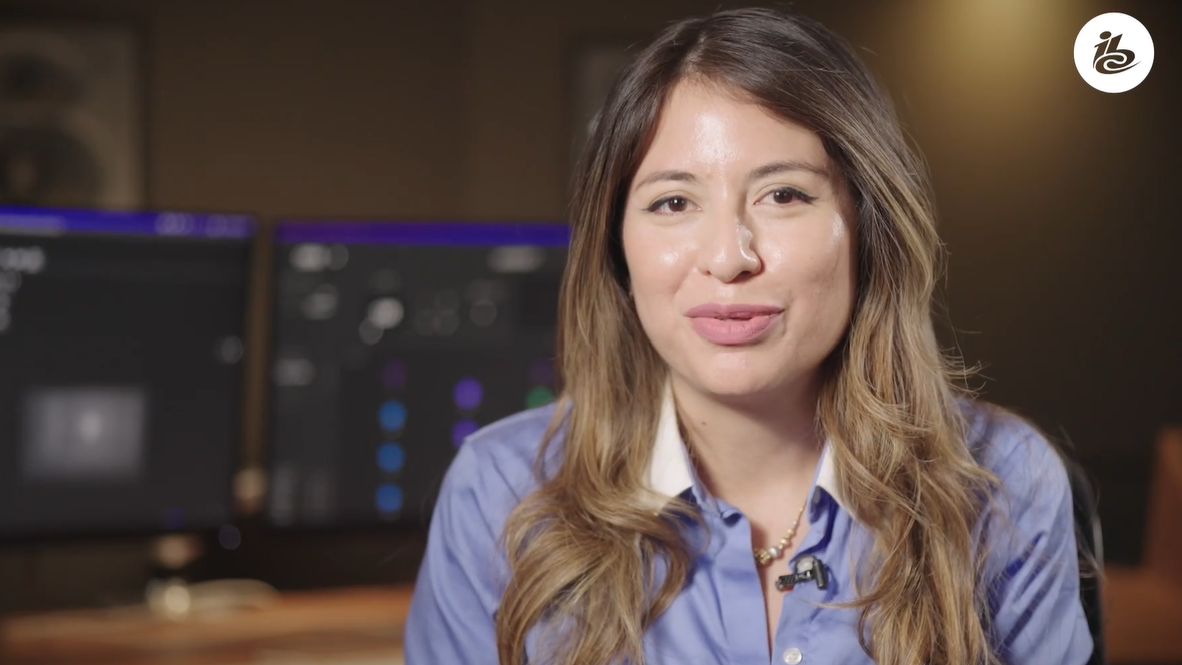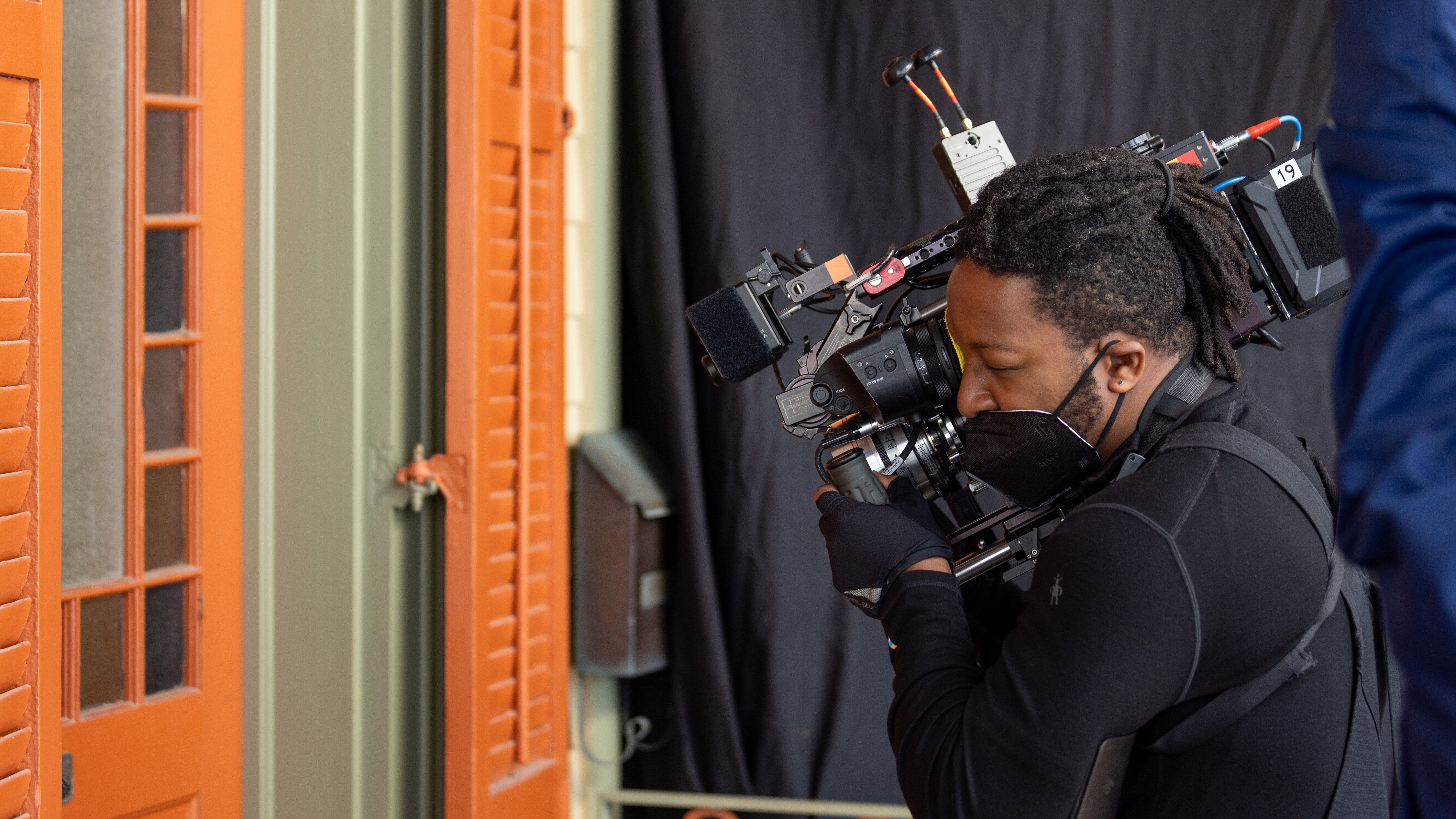Brazil’s largest broadcaster, Globo, will be introducing the TV 3.0 platform across the country in 2025. This next-generation platform is not simply about remaining competitive with streaming giants - it’s about redefining the viewer experience. John Maxwell Hobbs reports.
Carlos Octavio, Director of Corporate Strategy and Architecture at Globo, describes TV 3.0 as a transformative vision that combines the strengths of traditional broadcast television with the advanced features of digital streaming. He emphasises that TV 3.0 is not just about higher-quality video and immersive audio - it’s about fundamentally enhancing the viewer experience by integrating personalisation, interactivity, and dynamic content management. Octavio has been with Globo for 24 years, starting in IT, and working across various roles related to architecture, infrastructure, and applications. Currently, he is responsible for strategy, data governance, and partnerships and describes himself as an ‘orchestrator’ of the company’s TV 3.0 strategy.
Octavio explains that TV 3.0 aims to deliver a seamless hybrid model, where the line between broadcast and streaming is blurred. “The viewer won’t have to think about whether they are consuming content through broadcast or streaming,” he says. Instead, the focus is on providing a high degree of personalisation by knowing who is watching and delivering content tailored to their preferences, even enabling advanced features like dynamic ad insertion (DAI)...
You are not signed in
Only registered users can read the rest of this article.

MWC 2026: Telcos confront the hard economics of 5G
With global 5G coverage now surpassing 50% of the world’s population, but consumer willingness to pay barely shifting, operators at MWC argued that the next chapter must be defined by utilisation.
Kickstart Day 2026: Latest PoCs and partnerships promise most exciting year yet
More than 200 industry leaders gathered at BBC Broadcasting House for the 2026 IBC Accelerators Kickstart Day, taking place on 25 February.
MIP London: “A lot of creators feel held hostage by algorithms”
Digital creators, television producers, platforms, distributors, buyers, and brands across all genres gathered at the IET and Savoy Hotel this week to attend the second-ever iteration of MIP in London.

Sundance: Representation matters, today more than ever
As minority communities face attack in the US, two new films screened at Sundance Film Festival offer powerful takes on Latino American and Chicano culture.

IBC Content Everywhere: Keeping the customer
Consumers have a lot of choices these days when it comes to streaming video content. Indeed, the sheer number of available services can seem overwhelming, leaving customers with often difficult decisions to make about which services to choose, especially when they already have several other demands on their wallets. In this piece, Content Everywhere companies explore what streaming providers can and should be doing to retain existing customers and attract new ones where possible.




